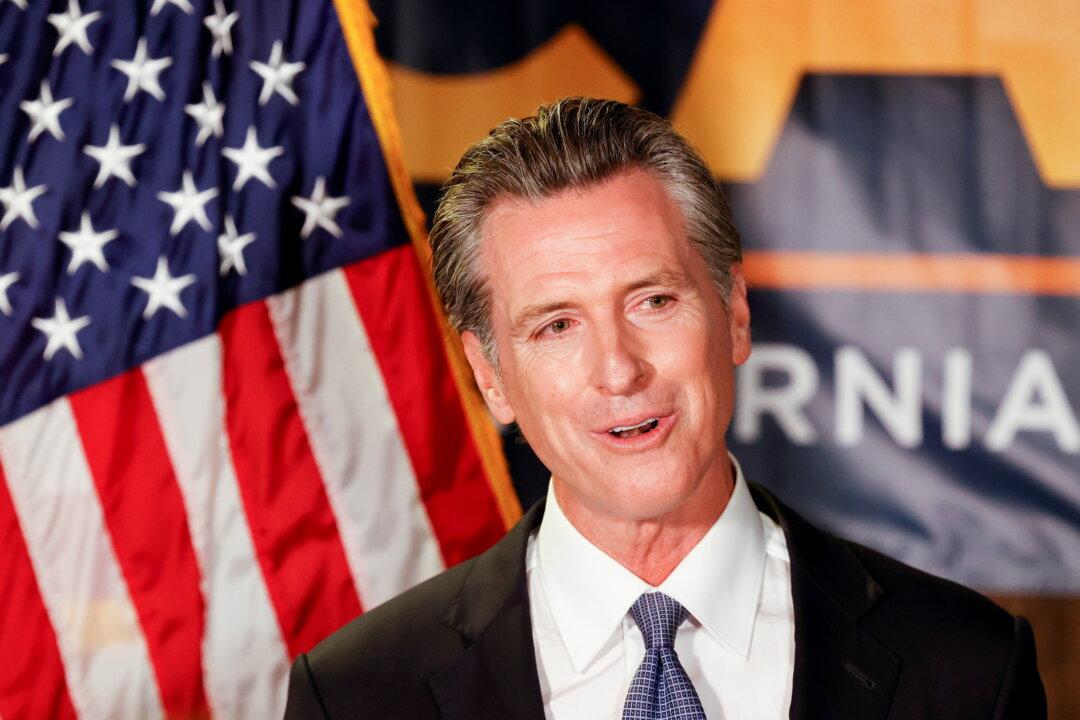California Gov. Gavin Newsom on Thursday approved two measures that seek to make it easier to build more housing in the nation’s most populous state.
The first, Senate Bill 9, allows for the construction of more than one housing unit on land that was formerly designated for a single unit, without the approval of local authorities. The second, Senate Bill 10, would ease environmental rules on multi-family housing and allow for the construction of denser development near public transit corridors.





